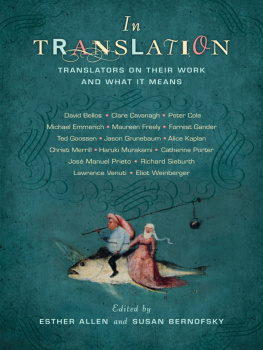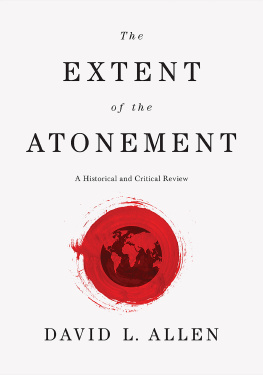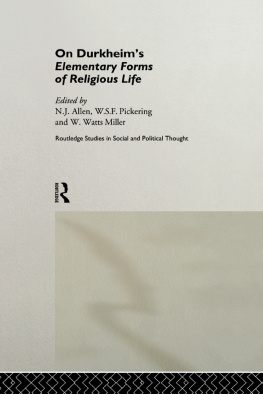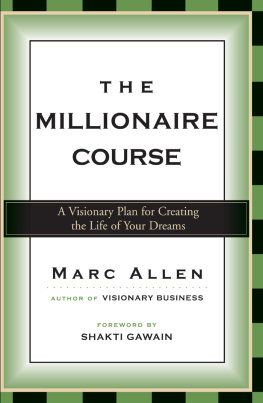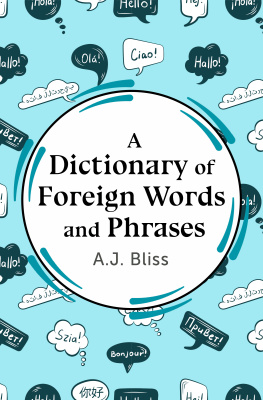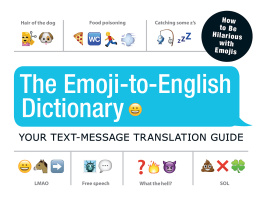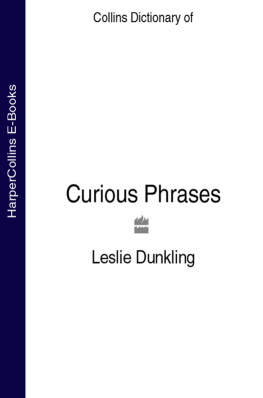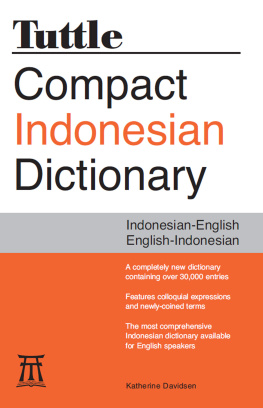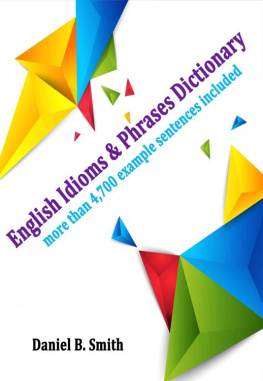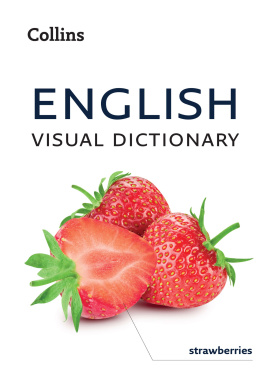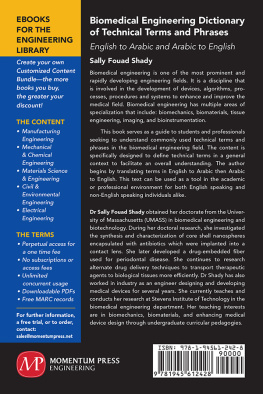PENGUIN REFERENCE
Allens Dictionary of English Phrases
Robert Allen is an experienced lexicographer and writer on a wide range of language topics. He edited the Pocket Oxford edition of Fowlers Modern English Usage , contributed to the Oxford Companion to the English Language and the Oxford History of English Lexicography , and is editor-in-chief of the Penguin English Dictionary . He has also written two volumes in the Penguin Writers Guides series, How to Write Better English and Common Errors and Problems in English . Robert Allen lives in Edinburgh.
Allens Dictionary of
ENGLISH
PHRASES
Robert Allen

PENGUIN BOOKS
PENGUIN BOOKS
Published by the Penguin Group
Penguin Books Ltd, 80 Strand, London WC2R 0RL, England
Penguin Group (USA) Inc., 375 Hudson Street, New York, New York 10014, USA
Penguin Group (Canada), 90 Eglinton Avenue East, Suite 700, Toronto, Ontario,
Canada M4P 2Y3 (a division of Pearson Penguin Canada Inc.)
Penguin Ireland, 25 St Stephens Green, Dublin 2, Ireland
(a division of Penguin Books Ltd)
Penguin Group (Australia), 250 Camberwell Road, Camberwell,
Victoria 3124, Australia (a division of Pearson Australia Group Pty Ltd)
Penguin Books India Pvt Ltd, 11 Community Centre,
Panchsheel Park, New Delhi 110 017, India
Penguin Group (NZ), 67 Apollo Drive, Rosedale, North Shore 0632,
New Zealand (a division of Pearson New Zealand Ltd)
Penguin Books (South Africa) (Pty) Ltd, 24 Sturdee Avenue,
Rosebank, Johannesburg 2196, South Africa
Penguin Books Ltd, Registered Offices: 80 Strand, London WC2R 0RL, England
First published 2006
Published in paperback with updates 2008
Copyright Robert Allen, 2006, 2008
All rights reserved
The author and publishers would like to thank Anne Seaton
for her contribution to the research work for this project.
Quotations from the Oxford English Dictionary are reproduced
by kind permission of Oxford University Press.
The moral right of the author has been asserted
Except in the United States of America, this book is sold subject to the condition that it shall not, by way of trade or otherwise, be lent, re-sold, hired out, or otherwise circulated without the publishers prior consent in any form of binding or cover other than that in which it is published and without a similar condition including this condition being imposed on the subsequent purchaser
978-0-14-191768-9
For Alison
Contents
Preface
This book is intended to fill a major gap in the record of the English language. It offers, for the first time on this scale, a scholarly and systematic treatment of thousands of idiomatic phrases that play a crucial role in modern spoken and written English, and seeks to provide a comprehensive picture of their use and history. If words are the building blocks of language, then phrases are the walls and windows, providing a shape and structure and allowing the daylight of metaphor and imagery into the darkened rooms of everyday language.
The treatment of phrases in the major historical dictionaries is far less rigorous than the coverage of individual words; many are given with a sketchy or incomplete record or are merged into the ordinary senses of words, and some are not included at all. There are many books of idioms, cliches, and catchphrases, all invariably entertaining but falling well short of a complete narrative and making little attempt to go beyond conventional anecdote to trace the history and usage of phrases in systematic ways, which is a key feature of this book. Nor, generally, do they provide evidence in the form of quotations in support of their history and development, except opportunistically and spasmodically. There have been more scholarly books, such as the Oxford Dictionary of English Proverbs (third edition, 1970), which lists proverbial language in a broader sense than is generally understood by the term proverb and gives copious citations but virtually no editorial comment. Then, most famously of all, there is Brewers Dictionary of Phrase and Fable (originally by Ebenezer Cobham Brewer, first published in 1870 and in many editions since) but despite its great appeal this is more about fable than phrase, makes only occasional attempts to explain the evolution and history of phrases, and rarely dates them. In this book, I have attempted to supply as full a record as possible at all levels: historical, philological, and anecdotal.
Compiling this book has taken several years and involved considerable amounts of original investigation. Assembling the list of phrases to be treated was the simplest part of the task, as such lists exist in other places and can easily be collated and then edited into a coherent form. More important, as with all historical lexicography, is the reading of primary sources (chiefly fiction, drama, and poetry, but also biography and other works of non-fiction) to establish what really exists in the language and at what dates. This evidence of actual usage is the life-blood of any treatment of the language. Many phrases can be traced back to older forms of English, even to Anglo-Saxon, and some (such as busy as a bee and be at ones witsend ) are found in Chaucer and other writers of the period after the Norman Conquest known as Middle English. References to Shakespeare in this book run into several hundred, as do those to the Authorized Version of the Bible (1611). The rise of the novel in the late 18th and 19th centuries provided a vehicle for the rapid spread of very many phrases that are now fully absorbed into everyday English. Notable among these are the set similes such as good as gold , which occurs frequently in the writing of Dickens, Wilkie Collins, Charlotte Yonge, and others. The prolific use of idioms by Dickens ( take ones secret to the grave, like grim death, lose ones grip, eat ones hat, take it into ones head ) was perhaps less of a surprise than the rich yield from Jane Austen ( throw cold water on, be dying to, dog tired, done for, with ones eyes open, act the fool ) and, at an earlier date still, from Henry Fielding ( kick ones heels, draw in ones horns, a fine kettle of fish, a likely story, leave somebody in the lurch ).
During the compiling of this book, I made some interesting discoveries. Most of these concerned the origins of phrases, which (as with words of obscure origin such as OK and posh ) were quite evidently devised long after the event and have been repeated in print with a persistence that is in inverse proportion to their likelihood. They were usually disproved by investigation or at least weakened by a lack of historical evidence: that the brass monkeys invoked in cold weather related to the storage of cannon balls on ships (which shrank and became dislodged in cold weather), that the cats and dogs of heavy rain were a corruption of a phrase in ancient Greek ( kata doxan meaning contrary to belief), or that setting the Thames on fire had something to do with a tool called a temse (which overheated with excessive use). In many cases, such as the last, these stories were invented in the face of straightforward explanations that made perfect sense in themselves (and historical evidence for setting the Thames on fire establishes an explicit link with the river at an early stage of its use). In the case of the brass monkeys, an early use of the phrase by Herman Melville in 1847 (hot enough to melt the nose off a brass monkey) clearly involves a meaning directly opposite to the usual one and seriously undermines the traditional theory about its origin. As far as I am aware, this evidence has not been adduced before.
Many phrases are a great deal older then one might expect, and others again are much more recent. Those for which I was expecting to find earlier evidence than in fact emerged include Achilles heel (19th cent.), as honest as the day is long (20th cent.), a knight in shining armour (20th cent.), and the luck of the draw (20th cent.). There were also some surprises in the opposite direction: chop and change has a modern ring but goes back to Tyndales translation of the New Testament in the early 16th century; cool as a cucumber is found in early 17th century drama; like mad occurs in its modern sense as early as the work of Aphra Behn later in the same century; and son of a bitch , for all its modern American resonance, is the way Lord Byron refers to Robert Southey in a letter written in 1818. A most interesting byway of my investigation into usage of the late 16th century was the setting of Shakespeare in the context of his time. Some phrases closely associated with him or regarded as his inventions are also found in the work of his contemporaries and in some cases precede his use; a notable example is nip in the bud , which we owe to John Fletcher and Thomas Dekker and not to Shakespeare (who uses it in the form blasted in the bud ). Other phrases (such as cock-and-bull story and the straight/strait and narrow ) emerge gradually from the mists of usage.
Next page

